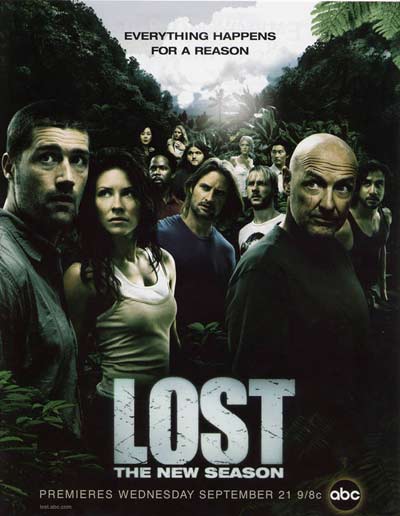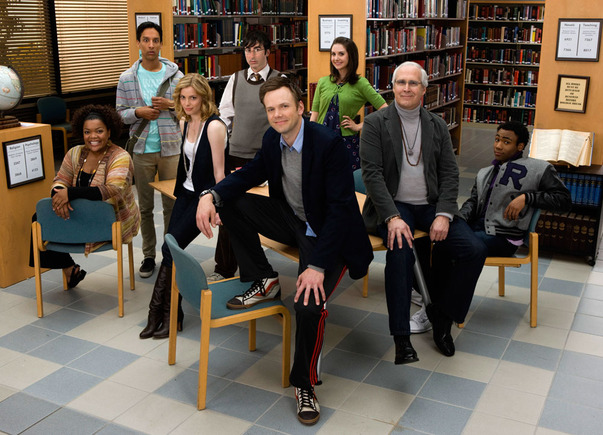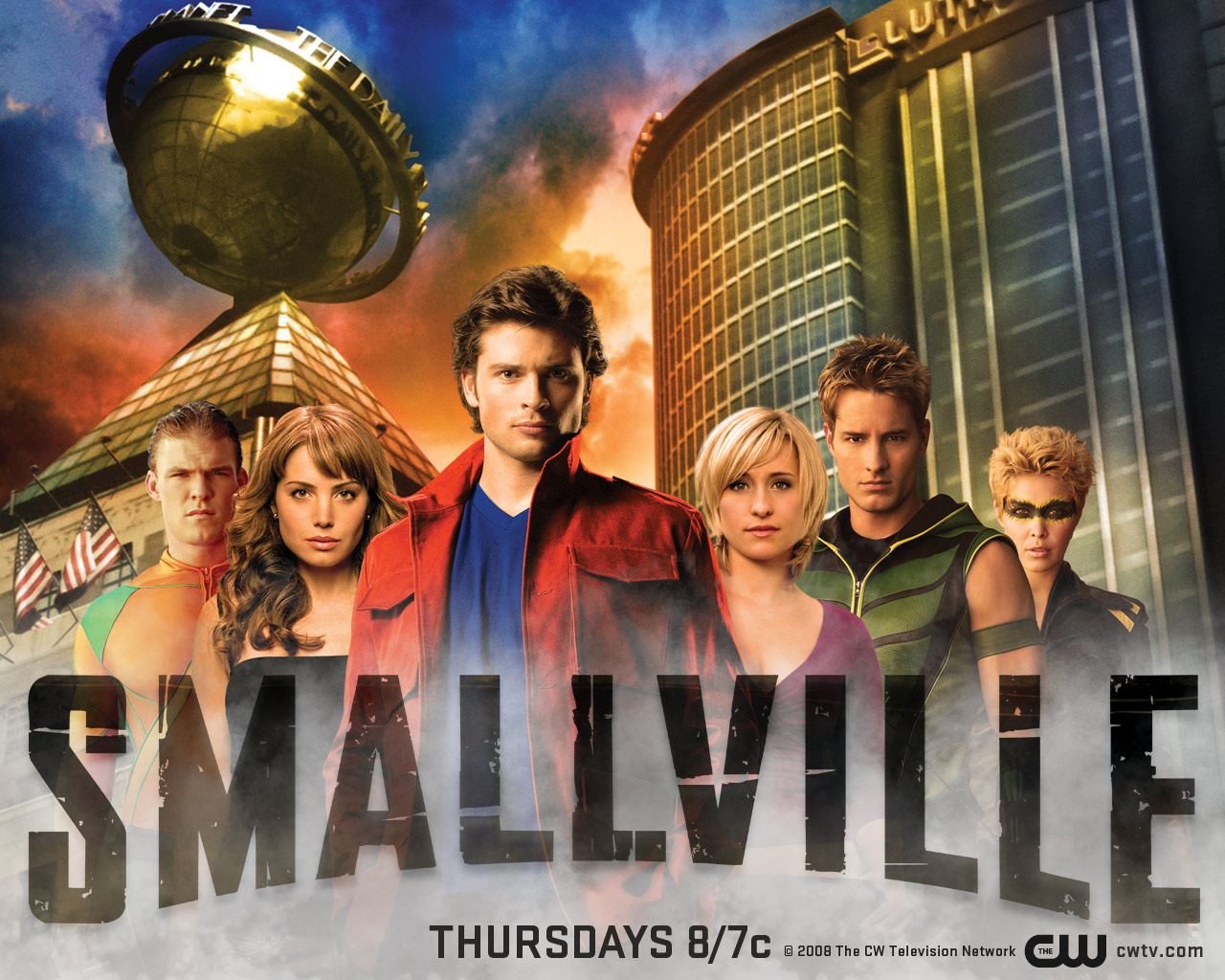Season "x": Never-ending TV shows and why they should be stopped
Fox announced which of their TV series would be renewed/cancelled/introduced last night, and a couple of the decisions got me thinking. Specifically, the popular medical drama House was renewed for an eighth season, and this actually disappointed me. Don’t get me wrong – it’s a great show, with some of the best writing and character work on TV.
But it’s the concept of eight seasons that gets me. If TV production companies were restricted to more condensed series, the storytelling and overall quality of the shows would drastically improve, and there would be a much higher ratio of “good” episodes to bad ones.
I wouldn’t say that the production team behind House is responsible for this – I’m sure no one at Heel & Toe, Shore Z or Bad Hat Harry (the production companies) want to see the show decline. It’s the studio who has ordered the eighth season episodes, and Fox is only one of a number of networks doing the same thing with their shows.
I’m just not convinced that more is necessarily better (refer to the Hollywood sequel factory). It’s a shame to see a studio be unwilling to end a show while it’s ahead, and allow a once-promising idea to drop off in quality and fizzle out of existence.
Some of you reading this might know that my favourite show of all time is ABC’s Lost. That show ran for six full seasons – what I would call the maximum acceptable length for a series. It might even have benefited from being shorter. This is because any story – no matter how revolutionary, how gripping – deserves a logical ending.
Lost was fantastic, but not consistently so: there were occasional episodes that didn’t match the overall high quality of the series. In fact, I can understand why a number of viewers who had been fans since season one gave up on the show in season three. At that point, it didn’t seem like Lost had a direction. More mysteries were being added to the already puzzling plot, and the promised answers seemed a long way off.
The writers of Lost must have noticed this, because they made a decision near the end of season three. They officially announced that the series would end in three more seasons. They put a foreseeable end on the story, and went forward with a new goal: to make the show as awesome as possible in what time they had left.
This decision was an admirable one. It showed not only that the writers respected the fans enough to know when to call it quits, but that they were committed to giving their characters a big finish. As a result, Lost dramatically improved starting in season four (taking it from “cool” to “face-meltingly epic”).
I think this should be done with almost all shows on TV. If the writers of shows like House, Fringe, CSI, How I Met Your Mother - God, even Desperate Housewives – know that they only have so many seasons, so many episodes, then they can focus their stories. The writers can accomplish what they want to do with their characters instead of just bringing them to the next episode, the next season. Why milk shows just to get another 22-episode order out of them? It’s like putting the creative people in a sweat shop and forcing them to churn out something, anything, as long as it fits into the pre-established brand that guarantees viewers.
There’s a laundry list of shows in a number of genres that are subjected to long series runs and hundreds of episodes. NBC’s The Office comes to mind – why are they going into their 8th season? I understand that a lot of that show was funny – but we all conveniently forget the terrible episodes that didn’t make us laugh. The CW’s Smallville is another (I know, I harped on this show in my review of last week’s Doctor Who – I still love it though).
Smallville is also in its tenth (and mercifully final!) season – they actually have a worse track record than The Office when it comes to irritatingly bad episodes. What about the beloved The Simpsons? Really – twenty-three seasons? I won’t even get into older dramas like ER or soaps like Days of Our Lives. There comes a point when the show screams to be brought to an end: “No more…kill me!!”
Granted, this is the view of someone who values creativity and quality in what he watches. The perspective of the studios is not so much to provide good-quality stuff, but to have a number of shows attracting millions of eyeballs each week to the advertising. I appreciate that the advertising dollars are necessary to fund the shows I love, but can we reach some middle ground?
The studios will always have programs to pair with ads, so why not let those shows end after a reasonable amount of time – when the story calls for it – and let the gap be filled by another show. The ads will still be seen, and the viewers (at least viewers like me, who care) will be happier – and maybe we’ll actually watch TV more.
What do you think about long-running TV series? Think we should always get more of the shows we love? Should the story matter? Did I insult a favourite show? Call me out on it in the comments!







